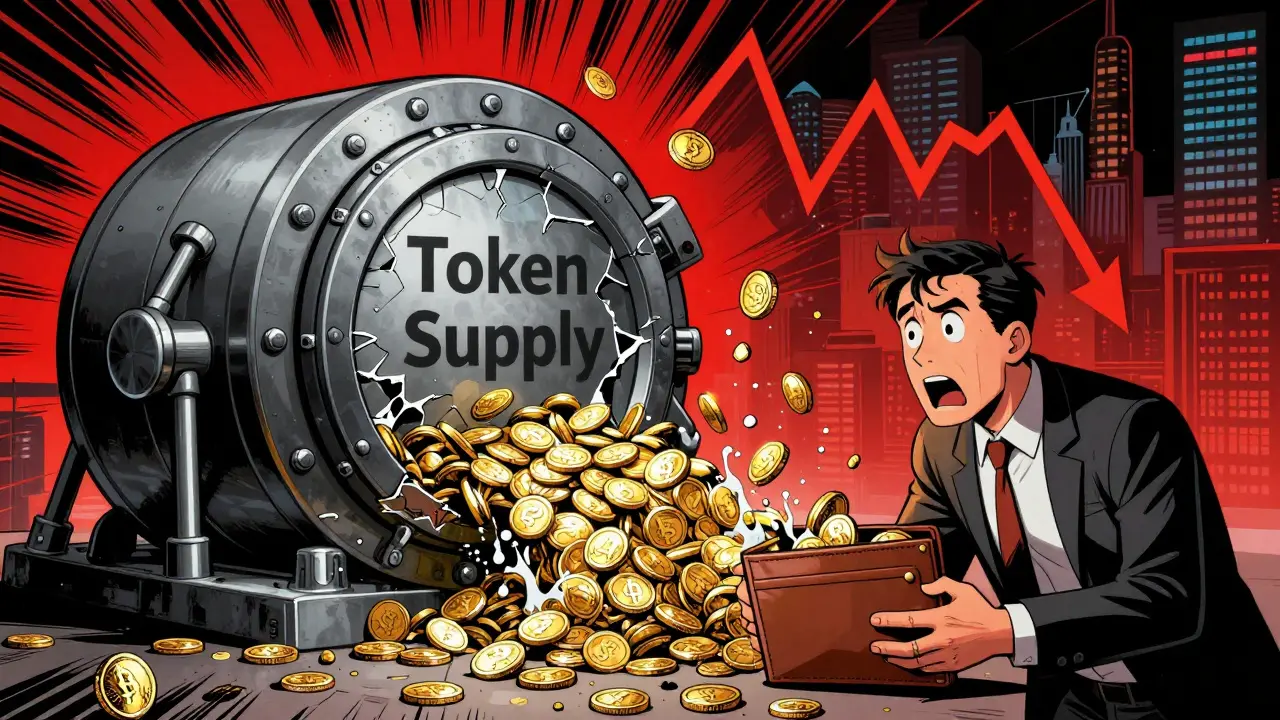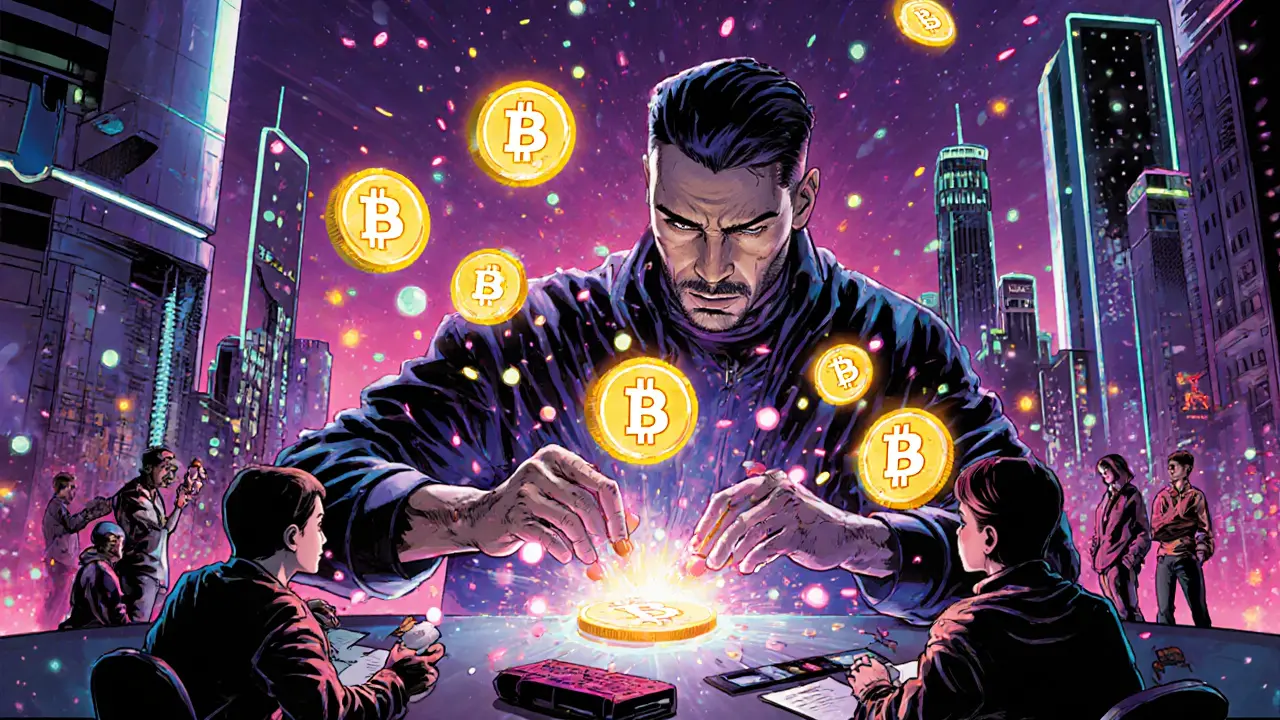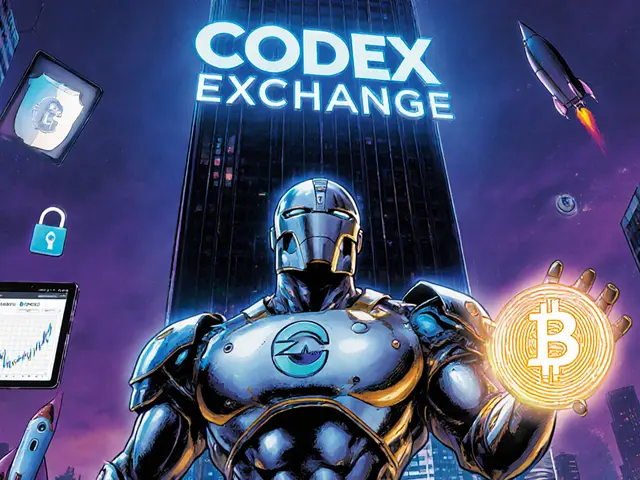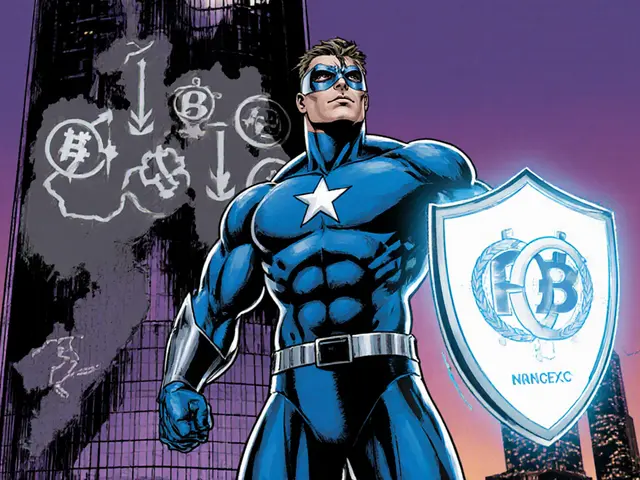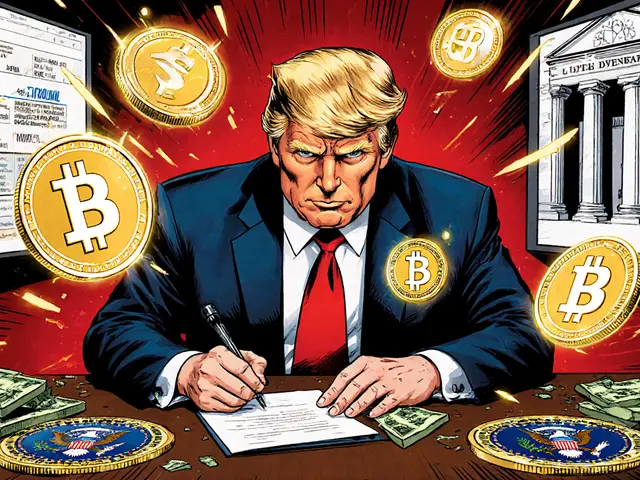Cryptocurrency Risks – What You Need to Watch Out For
When dealing with Cryptocurrency Risks, the possible financial loss, legal trouble, and security problems tied to digital assets. Also known as crypto hazards, it covers everything from exchange scams to wallet breaches. A major concern is crypto exchange fraud, the use of forged IDs or fake platforms to steal user funds, which can trigger hefty federal charges. Wallet security, the practice of safeguarding private keys from hackers is equally critical, especially for hot wallets that sit online. Finally, regulatory compliance, following KYC, AML and local laws to avoid legal penalties can help curb token scams, pump‑and‑dump schemes or fake airdrops that lure unsuspecting buyers.
Exchange Fraud and Its Legal Fallout
Exchange fraud isn’t just a shady story; it’s a real legal risk. Platforms that accept forged documents break KYC rules, and regulators treat that as a felony. In the U.S., the DOJ can impose up to 20 years in prison for large‑scale identity fraud. The penalties aren’t limited to jail time—fines can hit millions, and the exchange itself may lose its license. Most victims end up chasing their money through lengthy civil suits, which rarely end in full recovery. Understanding the red flags—unrealistically low fees, lack of a physical address, or a refusal to verify identities—helps you steer clear of these traps before you even deposit a cent.
Knowing how cryptocurrency risks manifest at the exchange level lets you pick services that actually safeguard your capital. Look for platforms that publish audit reports, have insurance funds, and cooperate with regulators. Those habits shrink the chance of falling into a forged‑ID scheme.
Wallet security is the next line of defense. Hot wallets keep private keys on devices connected to the internet, making them convenient but vulnerable. In 2023, hot‑wallet attacks accounted for nearly 70% of reported crypto thefts, with phishing and malware leading the charge. Cold wallets—hardware devices or paper backups—remove the private key from the network entirely, slashing exposure to remote hacks. However, cold storage brings its own risk: loss or damage of the physical device. The sweet spot for most investors is a hybrid approach: keep a small amount in a hot wallet for daily use, and stash the bulk in a reputable cold wallet.
Regulatory compliance can feel like a maze, but it’s a crucial piece of the risk puzzle. Different jurisdictions demand different capital reserves, anti‑money‑laundering (AML) procedures, and reporting standards. For instance, the Nigerian SEC requires crypto exchanges to maintain a minimum capital of $5 million and to submit regular audit statements. In the EU, the MiCA framework forces platforms to hold a certain amount of fiat reserves and to provide transparent fee disclosures. Failure to meet these standards can result in license revocation, hefty fines, and even criminal prosecution for senior executives. Staying informed about the rules in your operating region—and choosing exchanges that are fully licensed—reduces the likelihood of sudden shutdowns or legal entanglements.
Token scams are the wild west of the crypto world. Pump‑and‑dump groups inflate a token’s price through coordinated social media hype, then unload their holdings, leaving retail investors with worthless coins. Airdrop scams work similarly—fake claim pages ask for private keys or small deposits, stealing whatever you send. The signals are often the same: promises of guaranteed returns, opaque whitepapers, and a lack of verifiable team information. A quick check on blockchain explorers can reveal whether the token’s supply is being minted continuously—a red flag for unlimited inflation. By applying basic due‑diligence—verifying the contract address, reading community feedback, and avoiding “too good to be true” offers—you can sidestep most token‑related losses.
Putting all these pieces together, you’ll see that cryptocurrency risks span legal, technical, and market dimensions. Understanding exchange fraud, wallet security, regulatory compliance, and token scams equips you with a practical toolkit to evaluate any crypto opportunity. Below you’ll find a curated list of articles that dive deeper into each of these areas, offering step‑by‑step guides, real‑world case studies, and actionable tips to keep your digital portfolio safe. Let’s explore the resources and sharpen your crypto game.
StarryNift (SNIFT) is a gamified NFT platform with unique features like rarity evolution and DAO governance. However, it faces severe liquidity issues, low trading volume, and a 91.5% drop from its initial offering price. Experts caution about its high risk despite institutional backing. Investors should proceed with extreme caution.
READ MORE

